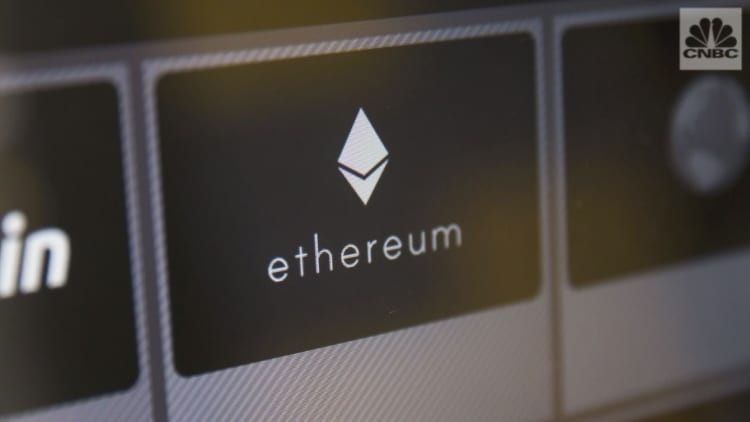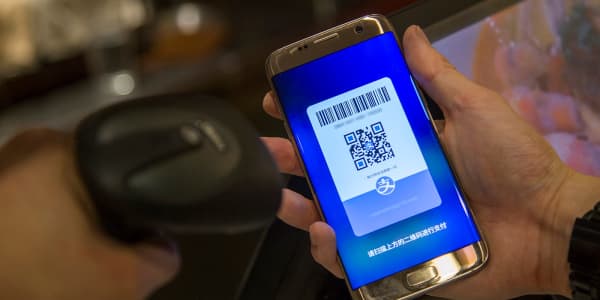
Millions of dollars' worth of ether, the digital token of the ethereum blockchain, could be frozen on a cryptocurrency wallet because one individual "accidentally" triggered a bug.
Parity, a cryptocurrency wallet provider, said in a security alert Tuesday that it had discovered a "vulnerability" in its wallet that allowed users to change code and become the owners of wallets that didn't belong to them.
The company said that one person "suicided" the wallet, deleting its code and freezing all ether tokens contained within. Users are now unable to move funds out of the wallet.
"We are analyzing the situation and will release an update with further details shortly," Parity said in the security alert.
The coding "accident" affects all of Parity's "multisignature wallets" — wallets that require one user to sign another's transaction before it is added to the ethereum blockchain — which were created after July 20.
Although Parity didn't disclose how much ether is currently frozen, French hacker Matt Suiche said in a blog post Tuesday that the code wipeout means that more than $280 million worth has been locked.
But Parity said in a tweet that the total $280 million figure, which has been touted by a number of cryptocurrency researchers and investors on social media, is "speculative."
Each ether token is currently worth roughly $300, according to data from CoinDesk. They are popularly used to buy new coins in the controversial practice of "initial coin offerings" (ICOs), a method for cryptocurrency start-ups to raise funds.
In July, one of Parity's multisignature wallets was compromised because of coding error. Hackers managed to steal roughly $30 million worth of the world's second largest cryptocurrency because of the bug.
WATCH: Six ways to protect your bitcoin and ethereum investments from hackers






